Médias et journalisme à l'ère de l'IA et face au défi de la désinformation
Permanent Mission of Belgium - Wallonie-Bruxelles à Genève
Session 280
Media and journalism in AI and disinformation times
(English below)
Si l'IA décuple nos capacités numériques, elle décuple également le potentiel de la désinformation. Dés lors, comment protéger l'intégrité de l'information? Comment peut-on garantir un débat public éclairé, et même une réelle liberté d'expression face à cet enjeu? Debunking, fact-checking, ou encore favoriser un journalisme local de qualité et une nouvelle éducation aux médias sont quelques unes des pistes explorées aujourd'hui.
Une discussion ouverte avec les participants sera organisée autour de la présentation d'un outil d'IA utilisé pour détecter les fake news (projet AI4Debunk), et du travail de la Fondation Hirondelle pour soutenir les journalistes dans le monde et dans les pays du Sud en particulier. Une réflexion globale sur l'éducation aux médias sera également présentée du point de vue universitaire.
La session aura lieu en français, mais nous pourrons prendre les questions en anglais également.
Nous invitons particulièrement les journalistes à participer à cet atelier et a contribué avec leur expérience par rapport aux défis que représentent l'IA et la désinformation.
-----------------------------------------
While AI enormously increases our digital capabilities, it also increases enormously the potential for disinformation. So how can we protect the integrity of information? How can we guarantee informed public debate and a genuine freedom of expression? Debunking, fact-checking, encouraging high-quality local journalism and new media education are some of the avenues being explored today.
An open discussion with participants will be organized around the presentation of an AI tool used to detect fake news (AI4Debunk project), and the work of Fondation Hirondelle in supporting journalists around the world and in the Global South in particular. A global reflection on media literacy will also be presented from an academic perspective.
The session will be held in French, but we can take questions in English too.
We particularly invite journalists to take part in this workshop.
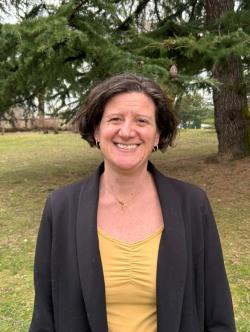
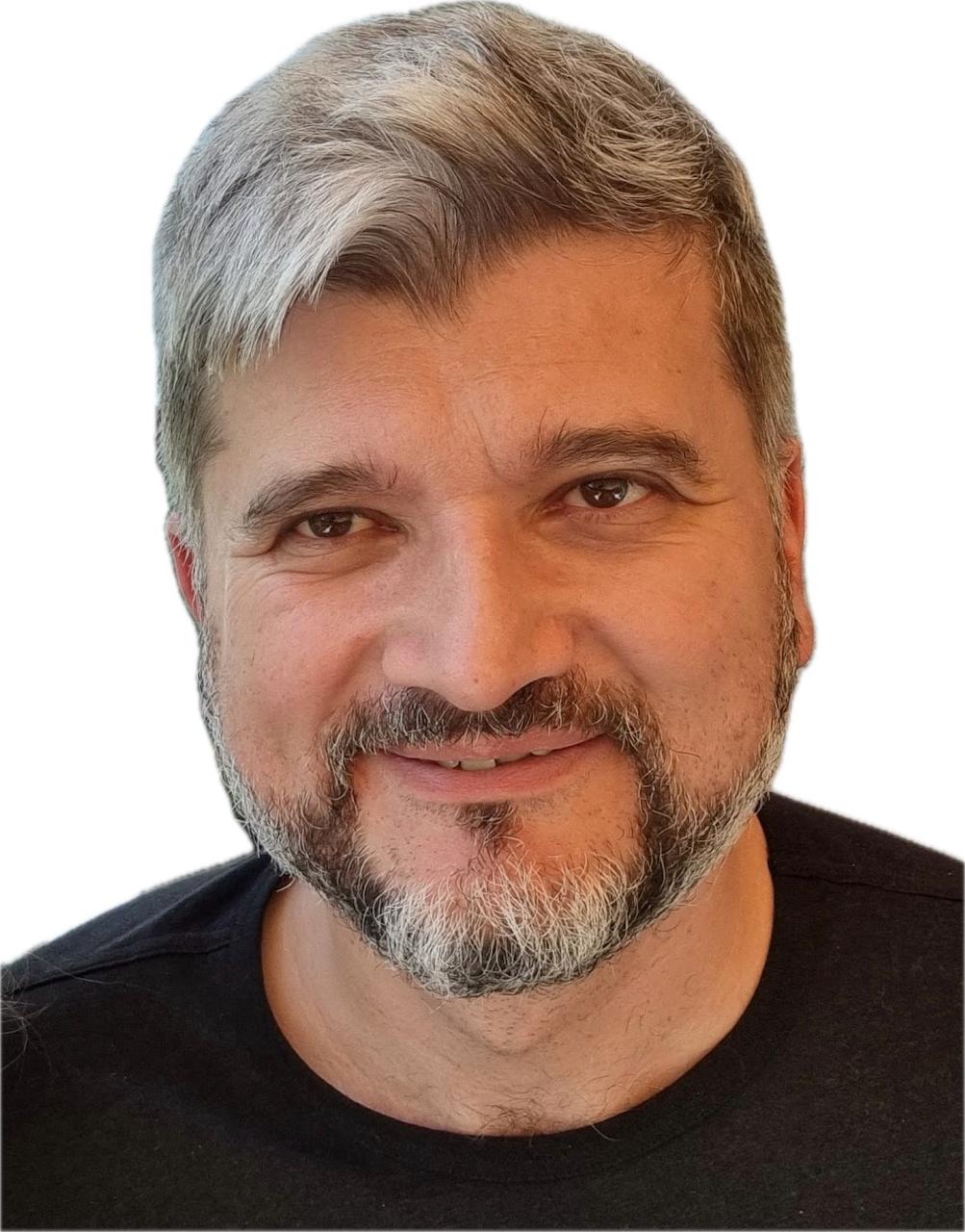.jpg?maxwidth=250)
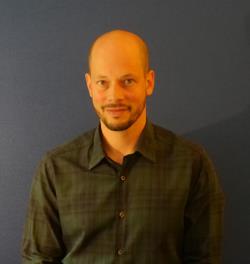
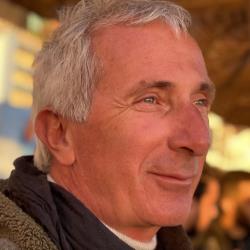
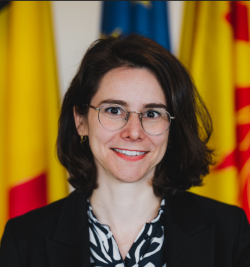
-
 C3. Access to information and knowledge
C3. Access to information and knowledge
-
 C9. Media
C9. Media
This session is mainly focused on the C9 Media action line; contributing to understanding the impact of new technologies on the work of journalists and on the information society.
-
 Goal 4: Ensure inclusive and equitable quality education and promote lifelong learning opportunities for all
Goal 4: Ensure inclusive and equitable quality education and promote lifelong learning opportunities for all
-
 Goal 17: Revitalize the global partnership for sustainable development
Goal 17: Revitalize the global partnership for sustainable development
A healthy and rich journalistic ecosystem is key to all the SDGs, as it is about conveying trustworthy information.